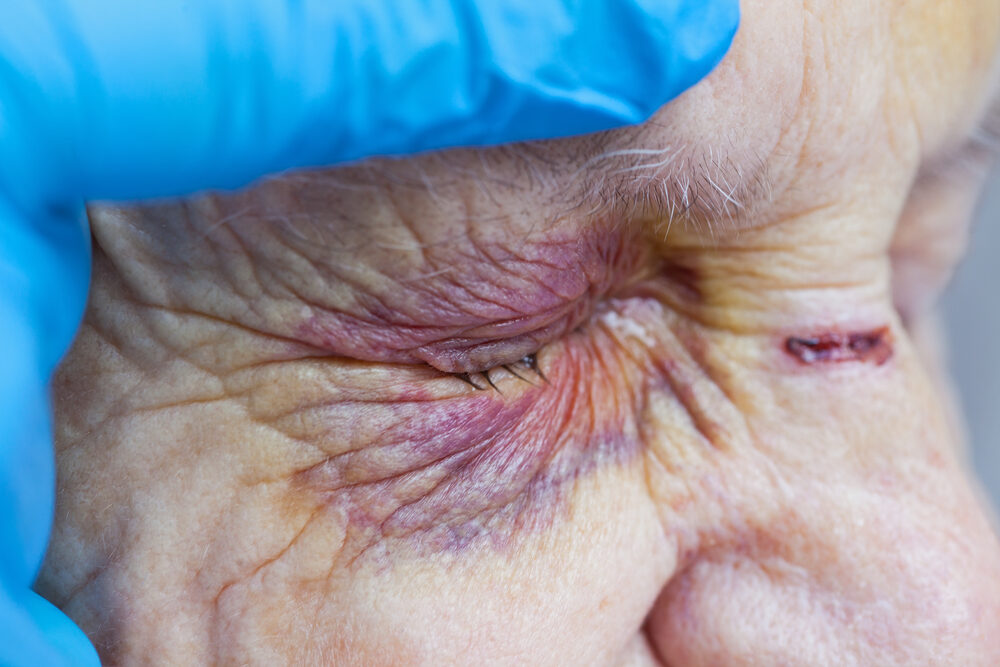
Nursing home abuse is a widespread problem with no signs of slowing. According to the World Health Organization (WHO), elder abuse is likely to increase with the growth of the 60-and-older population, which is expected to double globally by 2050.
- About 1 in 6 elderly people experienced some type of abuse in a community setting between 2021-2022
- 2 in 3 staff at nursing homes or long-term care facilities admitted to elder abuse between 2021-2022
- Elder abuse has increased since the onset of the pandemic
- One study estimated that just 1 out of 24 cases of elder abuse are reported
Age and illness make nursing home residents more at risk for abuse. The elderly who experience social isolation, disability or degenerative diseases such as dementia and Alzheimer’s are especially vulnerable.
Abusers are not just nursing home staff, hired caregivers, or strangers. In fact, a disturbing nearly 60% of elder abuse or neglect incidents are perpetrated by a family member.
Nursing home abuse can be in many different forms, including:
- Physical abuse such as slapping, pushing, restraining without consent, locking in a room, or forced chemical sedation
- Emotional or psychological abuse, such as insults or threats, giving the silent treatment, or restricting access to family and friends
- Neglect, such as withholding food, medication, healthcare
- Abandonment (e.g., leaving the person alone to care for themselves)
- Sexual abuse
- Financial abuse, such as taking money or belongings, forging checks, stealing retirement benefits, using credit cards or bank accounts, changing names on proof of ownership documents, or letting bills or expenses lapse
Elderly adults who are abused can experience permanent physical and psychological damage, ruined family relationships, and financial destitution.
They also have a 300% higher risk of death than those who have not been abused.
Signs of Nursing Home Neglect
It may be difficult to notice that your elderly loved ones are being abused, especially if they have dementia, but some signs of abuse to look for include:
- Unexplained depression, weight loss, or withdrawal from usual activities
- Unclean or unkempt appearance or smell
- Tension when interacting with others, especially caregivers or staff members
- Agitated or violent behavior
- Unexplained cuts, bruises, burns, or scars
- Bed sores or other easily preventable ailments
- Missing or broken eyeglasses, dentures, hearing aids, or medications
- Unusual financial transactions or unpaid bills
- Unsafe conditions in rooms
Many abused elders are too ashamed or afraid to report it. If you see some of these signs of abuse, talk to the older adult privately and see if you can get more information.
How Can I Keep Elderly Adults Safe?
The simplest thing to do, and often the most effective, is to visit your elderly loved one regularly. Elderly adults with watchful friends and family are less likely to become targets for abuse.
If the nursing home or facility has an ombudsman who is trained to solve problems and advocate for your loved one, you can start there if you suspect abuse. You can also contact the police, the local Adult Protective Services office, or the National Center on Elder Abuse.
The federal nursing home bill of rights guarantees elderly adults protection against abuse or neglect. If you suspect your loved one is suffering abuse in their nursing home, an experienced nursing home abuse lawyer can help you relocate them to a safe place and pursue a lawsuit against those responsible.
Paulson & Nace has been helping nursing home abuse victims in Washington, D.C., Maryland, and West Virginia for many years. We will aggressively pursue your case while treating you and your loved one with sensitivity and compassion. Please contact us online or call 202-463-1999 for a free case review.

Samantha L. Peters focuses her practice in the areas of medical malpractice, personal injury, wrongful death, and other negligence claims.




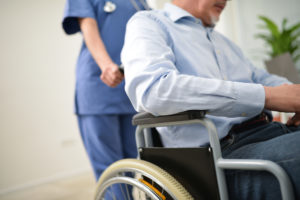
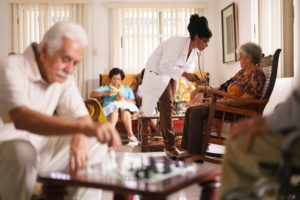
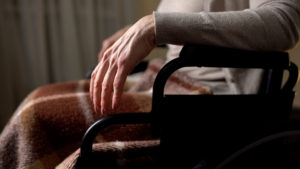


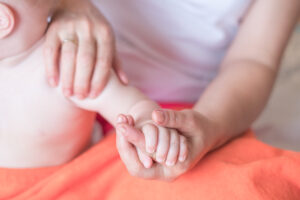




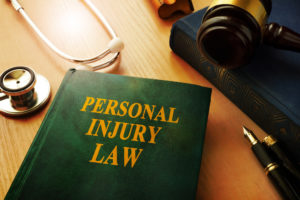
Comments for this article are closed.